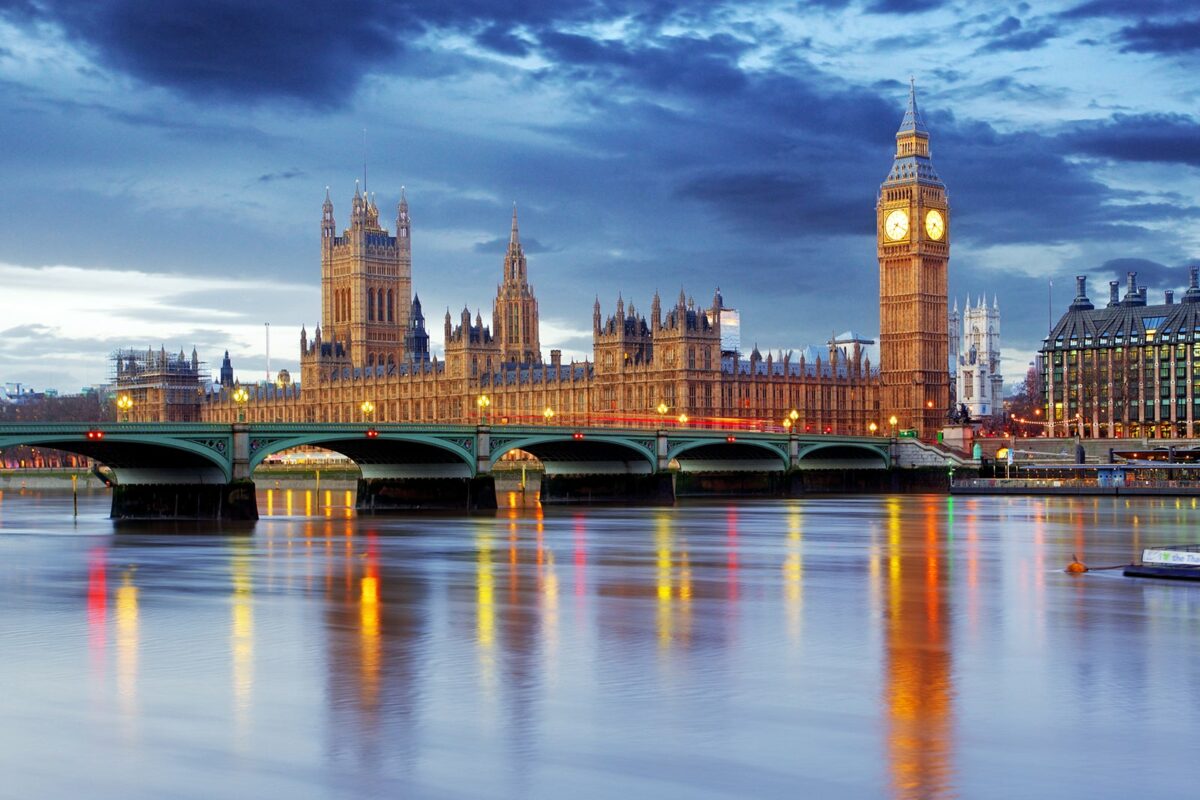For more than ten years, I worked as an official in the House of Commons, cheek by jowl with MPs, peers and their staff. It was a fascinating occupation in which I lived and breathed politics but also saw the way we conduct our public affairs, acutely aware of moments of absurdity and farce.
Matt Chorley, the Times Radio presenter and journalist, has aimed high in trying to embody both of those polarities, and in that spirit has written a book exploring fifty locations of political importance. It may sound simple: it is an ambitious attempt to create something that obsessives will be able to absorb but can be read episodically by the bulk of the electorate, who regard politics as a badly produced melodrama and only long to be entertained.
From one perspective, Plains, Trains and Toilet Doors is a listicle in a party frock. Chorley knows his stuff but it is knowledge worn lightly. He groups the places in nine thematic bundles including “Bathrooms”, “Food and drink” and “Travel”, which serves the reader variety. But it results in a chaotic grasp of chronology: we leap from Georgian London to the West Midlands in 1968 to Theresa May’s 2017 walking holiday in the mountains of Snowdonia.
Chorley is a fine descriptive writer with an easy, unfussy style which belies deep research and a solid grasp of political narrative. Individually, each of the fifty locations is sketched vividly and he has a good eye for telling details which encapsulate important political truths. When they are stitched together, however, they flow past at a speed which might lose the casual reader. At the other end of the spectrum, political cognoscenti might be frustrated with the broad-brush approach and find their own hobbyhorse lacks the space to breathe.
‘Drive-bys’ and ‘delicious choices’
Nevertheless, there are some brilliant episodes. The author writes incisively and movingly about Labour’s first prime minister, Ramsay MacDonald, a lonely, burdened man, though you feel that Chorley has much more he wants to say. Meanwhile, there is a savagely funny two-page drive-by assassination of Nick Griffin, the loathsome far-right rabble-rouser who cartwheeled briefly through our national life, and its length is absolutely fitting.
Readers will recognise some episodes, like the birth of the Social Democratic Party in David Owen’s Limehouse kitchen in 1981 or Dominic Cummings’s extraordinary trip to Barnard Castle during the Covid-19 pandemic. Others are more recherché: I didn’t know that Maundy Gregory, Lloyd George’s corrupt vendor of honours, lived at what became the Abbey Road Studios, and Chorley’s specific choice of a speed camera on the M11 at Chigwell was a delicious way into the scandal of perverting the course of justice which brought down Liberal Democrat cabinet minister Chris Huhne.
The author also uses the stories as entrées to meatier subjects. His description of Labour’s 1992 pre-election rally in Sheffield usefully unpicks the revisionist theory that any triumphalism had no effect on the subsequent poll by returning to contemporary media coverage which said what we all remember it saying: that the event was overblown and squirming embarrassing at a time when John Major had—to coin a phrase—’gone back to basics’ by standing on a literal soap-box in town centres and talking directly to voters.

Chorley’s approach can be vaultingly ambitious. No-one can comprehensively assess Enoch Powell’s 1968 Birmingham speech in six pages. Nor should they lean into misleading glosses and assertions and make the political anorak pause for internal debate (and was Powell really a “moustachioed dandy”?).
This is a corollary of the fact that the book’s format tacitly makes all fifty episodes of roughly equal importance and consequence, which of course they are not. While some have unexpected resonance, the fact that Margaret Thatcher so narrowly escaped being killed at the Grand Hotel in Brighton in 1984, is not on a par with Vince Cable’s witty but ephemeral description of Gordon Brown being transformed “from Stalin to Mr Bean” in 2008.
There are also some lapses in judgement. It is absolutely not the case that Churchill became PM in 1940 because Lord Halifax was even more unpopular with the Labour Party than Winston. The socialists fully expected Halifax to take over, and many of them had some regard for him as a mildly progressive viceroy of India, whereas Churchill was the repressive tyrant who had set soldiers on striking miners in Tonypandy (though he hadn’t) and tanks on workers in Glasgow (again, he hadn’t). Subsequently, a description of Harold Macmillan’s cabinet reshuffle dubbed “the Night of the Long Knives” has Peter Thorneycroft becoming both minister of education and minister of defence (he was only appointed to the latter job).
These are not fatal criticisms and I am happy to be positive. Chorley chose a demanding target, an entertaining commonplace book which can be read by a widely varied audience, and in the main he has hit it. Plains, Trains and Toilet Doors is a product of wit and learning which I devoured with pleasure; if I am honest, that pleasure was only sharpened by the opportunity to raise an eyebrow or reach for the pencil. If politics interests you, and you appreciate a little levity now and then, you will enjoy this collection of tales and it will make you laugh: and in today’s world that is no small achievement.

